Alums share insights and tips for sustainability careers in the government, business, and nonprofit sectors
November 22, 2022

By Lindsay Kuczera
Finding your path in the sustainability world can be daunting, especially when switching fields. Building a robust network has been hailed as one of the key aspects that have helped graduates from the Virginia Tech Center for Leadership in Global Sustainability (CLiGS) land the career of their dreams. “I am a big believer in networking. It uncovers jobs you might not have even known existed. In fact, 70–80% of jobs are not advertised,” says Dr. Kathy Miller Perkins, Career Coach and Professor of Practice at CLiGS.
In the three-part webinar series “Exploring Sustainability Careers,” alums of Virginia Tech’s Master’s of Natural Resources (Online) and Executive Master of Natural Resources (XMNR) shared advice for finding and succeeding in a sustainability role in the government, business, and non-profit sectors. The webinar series was co-hosted by two CLiGS Career Coaches, Kathy Miller Perkins and Trish Kenlon.
Government
Representing various types of government—from the military branch to the state department to local municipalities—David Cleveland, Amy Eckberg, and Yanet Rodriguez provide their knowledge and tips for working in federal- and state-level service.
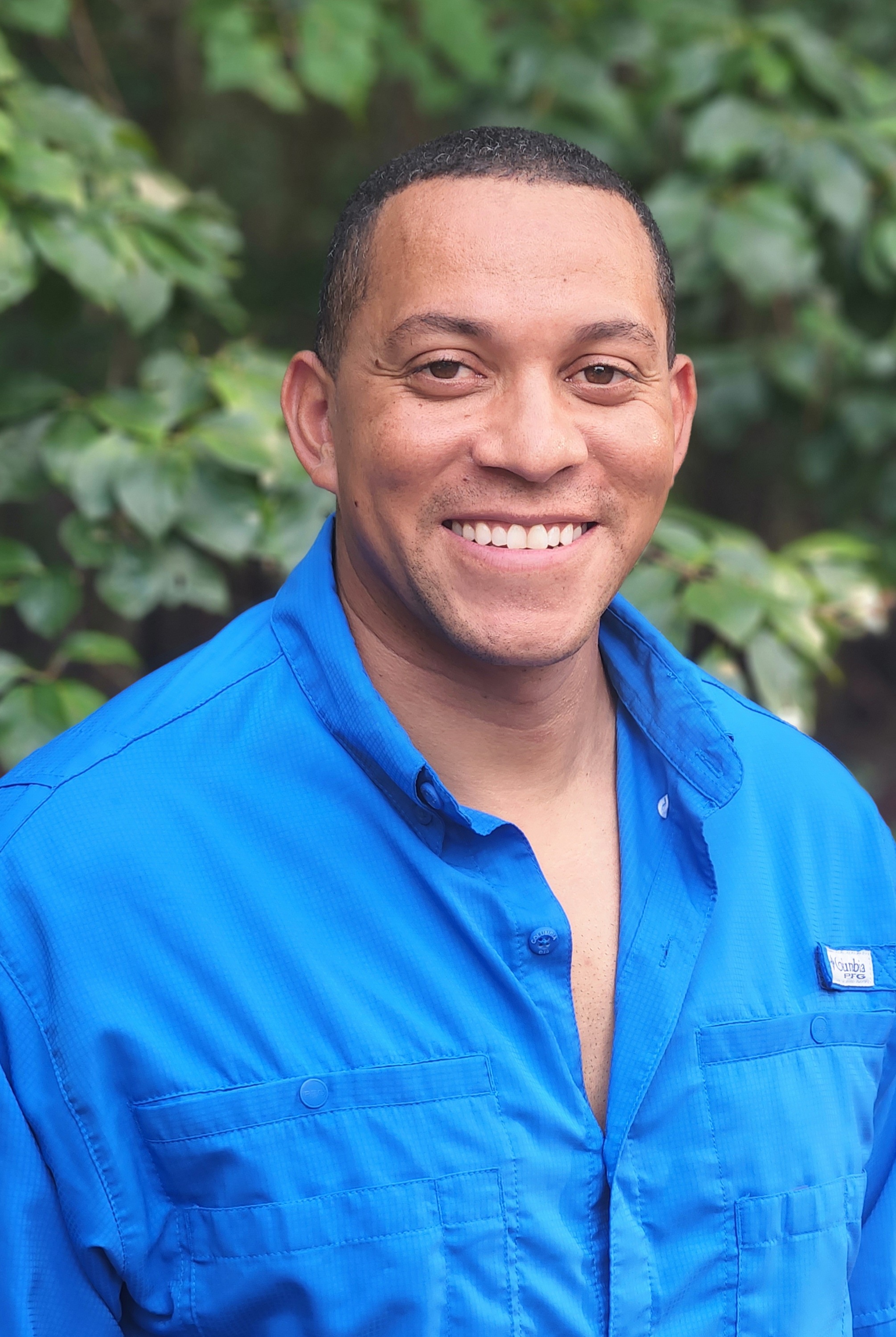
The ways of life of a person in the military and a person in conservation might not be as different as they seem, as David—Program Manager for the U.S. Army Special Operations Command—pointed out. You get accustomed to a lifestyle of long hours and tough outdoor conditions while in basic training. This mirrors the life of a wildlife biologist, which is what David is focusing his future on. Taking on more responsibility in the military taught David how to be a dynamic leader and how to handle adaptive challenges. He will take these skills with him to the United States Geological Survey’s Ecosystems Missions Area, where his work will assist with endangered species, land management, and carbon reduction.
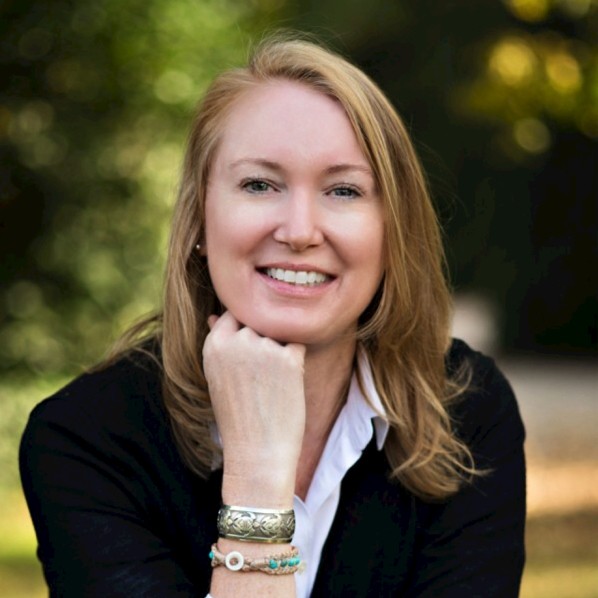
Amy Eckberg had been with the city of Raleigh as a Nature Preserve Manager for a decade when a large storm devastated the area. Seeing the repercussions firsthand, Amy decided she wanted to focus more on climate change policy and action and graduated from the XMNR program in 2020. Now working as a Sustainability Program Manager for Orange County in North Carolina, Amy is helping the county reach their climate goals through grant writing and funding, partnership building, outreach, and education.
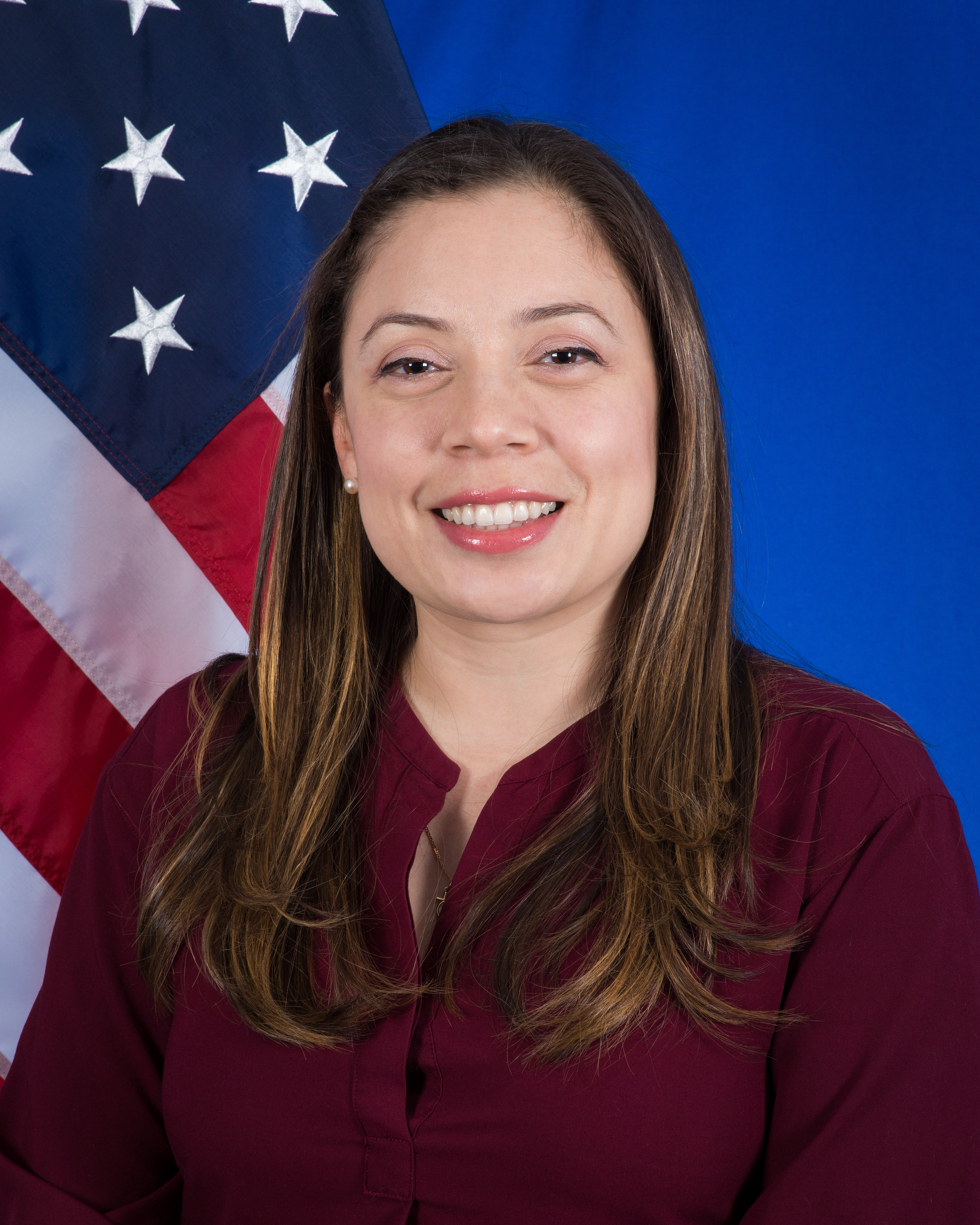
Yanet Rodriguez doesn’t have the word “sustainability” in her title, but that doesn’t keep her from using her skills to do that work. As a Congressional Affairs Liaison at the State Department’s Bureau of East Asian and Pacific Affairs, Yanet works with subject matter experts to review and provide feedback on legislation that covers a range of topics, including sustainability. Amy noted the importance of having communications and mediation management skills in an environment where you work with various agencies as well as foreign governments.
Tips from our government sustainability leaders:
- Federal applications and resumes are very different and require a lot of detail. Include soft skills on your resume such as leadership, operation of machinery, etc.
- Applying for federal jobs takes time and patience—be prepared.
- Network with everyone you can and be genuine and honest about your interest. Pay it forward when the time comes.
- Look at your resume to find where your knowledge gaps are, and find ways to develop those skills.
Useful skills:
- Technical writing skills and knowledge
- Adaptive management and leadership
- Communications and storytelling
- Persuasive writing using accessible language
Business
With corporate sustainability becoming a priority across the industry, the business sector offers MNR graduates a wide range of opportunities—from ESG project management to marketing and operations, finance, and more. David Robertson, Program Director of the XMNR, adds, “Sustainability jobs in the business sector are growing rapidly, especially as stakeholders develop their strategies for addressing climate change and environmental justice. The recent rise of environmental, social, and governance (ESG) initiatives is one of the front lines. There is more to come, and this webinar series does a great job of describing the current landscape, emerging opportunities, and paths forward for current and aspiring sustainability professionals.”
Four MNR graduates shared their experience in different capacities of corporate and business sustainability. At the heart of all of these roles, you’ll find the need for data, policy, and reporting. Trish Kenlon, a CLiGS Career Coach and a co-host for one of the webinars, added, “We all get to wear many hats in our roles, no matter where we fall in the landscape.”
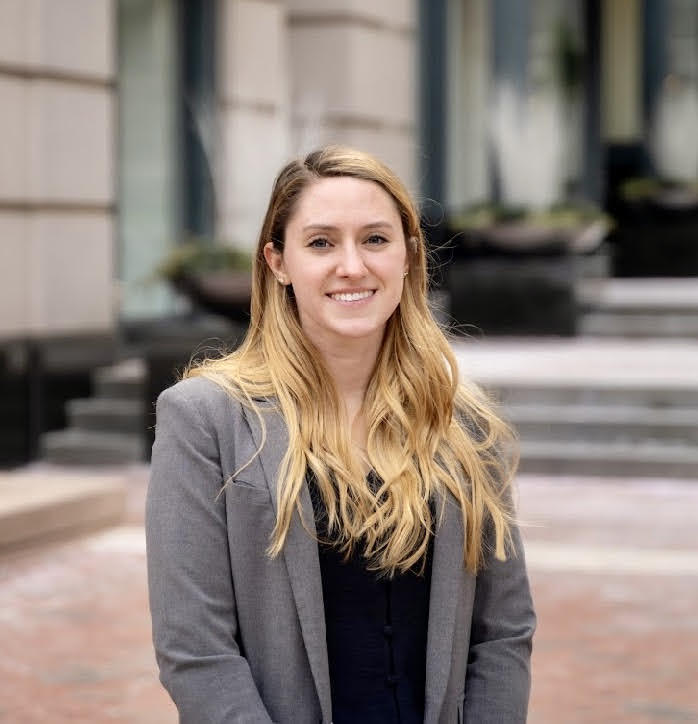
Makayla Haertel is a Sustainability Analyst for Booz Allen Hamilton and works with clients to consult and advise their projects in renewable energy, waste management, and water efficiency. Makayla also translates policy for clients and guides them in their sustainability work to ensure they are following applicable laws and regulations.
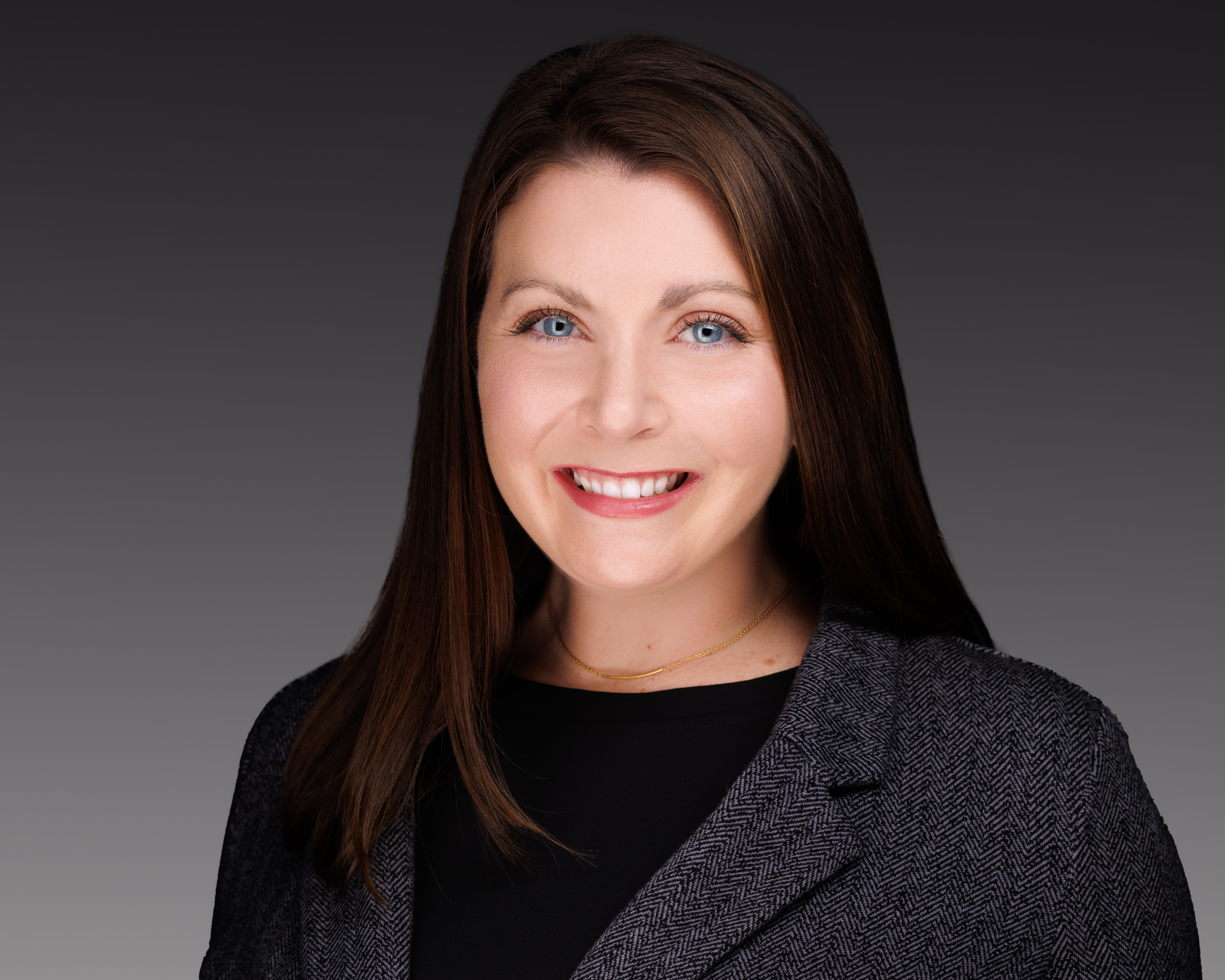
Working in corporate sustainability, Karlee Siepierski is a Sustainability Manager for Merrimack Capital, which offers supply chain services. Karlee ensures Merrimack is meeting its ESG and scope 1, 2, and 3 emissions goals, and the goals of its clients. “A lot of what I do in corporate sustainability is making sure that our data is true and accurate and represents everyone in the supply chain.”

Data aggregation and distribution is a large piece of responsible corporate sustainability. Andrew Ernest, Manager of Property Efficiency and Sustainability at Tricon Residential Rental Housing Company, collects data from client properties to inform and set various programs, initiatives, and goals for sustainability.
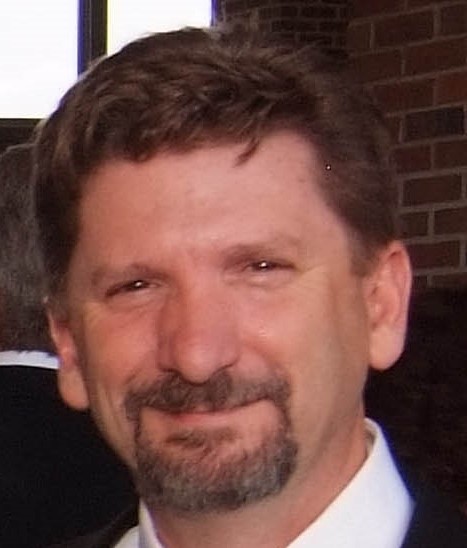
Environmental advocacy plays a big role in corporate social responsibility as well. Ziggy Karpa, Director of Environmental Programs & Regulatory Affairs at Constellation, noted that “it only takes one action from a good company to get picked up and replicated by competitors and other industries.” Ziggy is responsible for developing strategies to reduce greenhouse gas emissions in their water, waste, energy, and air programs to achieve long-term sustainable ESG objectives. He uses data to help generate governance documents that guide their work.
Tips from our business sustainability leaders:
- Seek volunteer or internship opportunities which can help you gain new experiences and skills.
- Don’t be afraid to reach out to hiring managers; it makes a difference.
- Keep your LinkedIn updated with current work and projects.
- Reach out to people on LinkedIn that have the job you’re interested in.
Useful skills:
- Leadership through communication
- Translating complex data
- Collaborative ability
Nonprofit
A variety of organizational types fall under the nonprofit umbrella, including foundations and trusts; societies, associations, and alliances; institutes and centers; and operational and advocacy non-governmental organizations. Your desired career path will likely determine what kind of nonprofit you join, but it’s good to acknowledge that there is often much overlap across these organizational types.
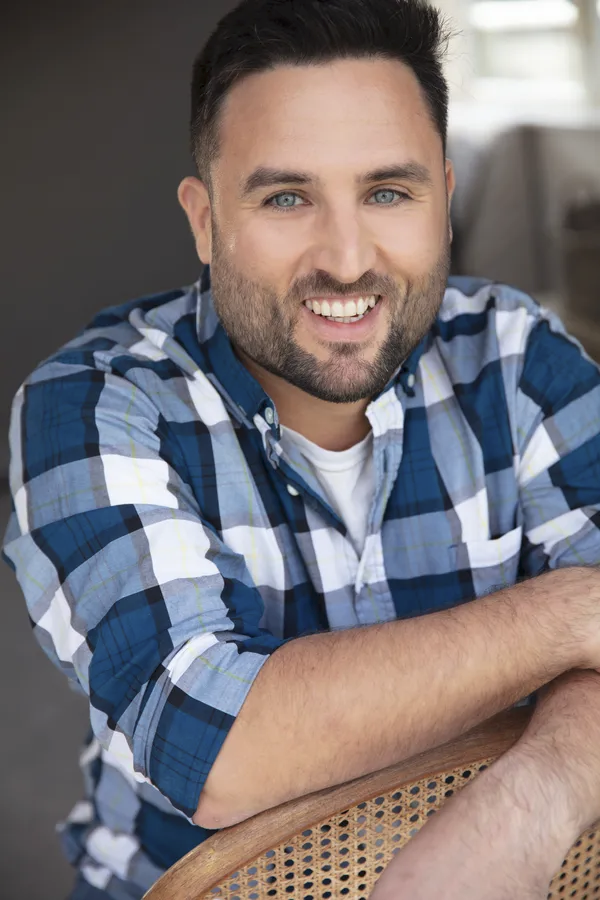
Adam Schellhammer, Executive Director of Valley Conservation Counsel, prioritizes protecting and restoring land in the Shenandoah Valley. They do this through conservation easements, or by purchasing land outright to avoid further development. Like many MNR graduates, Adam held a variety of positions before finding his niche. “Nonprofits are a diverse field, so whatever your skill set may be, there’s a home for you in a conversation nonprofit,” he said.

Tori Yauch is a Program Financial Analyst with the Environmental Defense Fund, which she characterizes as both an operational and advocacy NGO. Tori is part of the EDF+Business department, which partners with the private sector to adopt more sustainable practices. She also helps manage the funds for the investment team and the energy transition team, works on donor proposals and reports, and tracks grants. “I think being a generalist in the NGO nonprofit space is very beneficial. It’s ok if you're not an expert in something specific, there's a place for you in the nonprofit world. That generalist adaptability has really helped me become involved in more things across the organization,” Tori added.
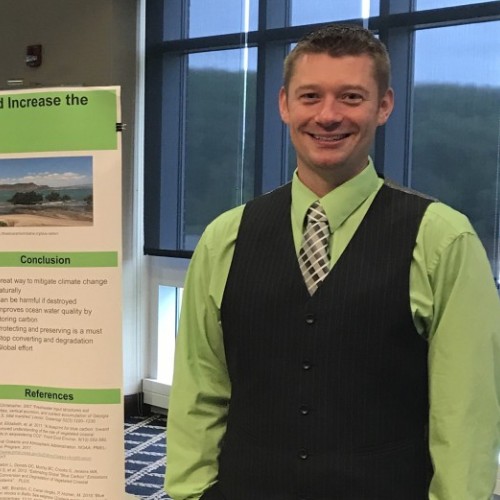
Nick Blankenship, an Environmental Resource Manager at the Lake of the Woods Association, applies scientifically-based theories and methodologies to the management of the association's water resources. He develops and implements long-term solutions for managing both lakes for multipurpose utilization.
Tips from our nonprofit sustainability leaders:
- Craft cover letters and resumes according to the job descriptions you want.
- Link your recent work or papers on your resume or cover letter.
- Lean into networking with the VT alum groups.
- Volunteering is a great opportunity to network and build new skills.
- While interviewing:
- Keep the conversation positive and optimistic. It’s good to keep the door open even if you’re not interested in the job.
- Do your research, ask specific organizational or program questions, and relay your skillset to their program needs.
- Make genuine connections.
- Come prepared with questions, as you're also interviewing them.
Useful skills:
- Communication and conflict resolution skills show how you can build relationships and engage with various audiences and stakeholders.
- Having a global sustainability lens can set you apart.
- Showing initiative is important for growing into the career and work focus you want.
More career resources
In reflecting on this webinar, MNR (Online) Program Director Kieran Lindsey commented, “One thing that has stuck with me from this webinar series, and that every panelist mentioned, is the importance of taking a proactive approach to career advancement. Regardless of sector, sustainability and environmental management professionals miss critical opportunities if they take a passive approach and wait for job announcements to be posted. Researching organizations of interest, identifying individuals within those organizations who are making a difference, and then picking up the phone to make a call and ask for guidance—all of these actions demonstrate the kind of initiative needed to advance change in the world.”
"We're grateful to our panelists, moderators, and the Center's dedicated team—especially Lindsay Key, whose vision and diligence enabled us to tailor our approach by sector to best meet the needs of our diverse students and alums,” said Emily Talley, Managing Director of Graduate Education and Regional Operations, Washington, D.C. Area. An MNR (Online) alum and a long-time contributor to this blog, Lindsay Key joined CLiGS as a faculty member in 2021, co-teaching one of the core courses in the MNR (Online) program. A few months ago, she took on the role of Assistant Director, Washington, D.C. Area, focusing on student recruitment and alum outreach. "Our alums work in a wide variety of exciting fields and sectors, and through this webinar series we aimed to showcase their accomplishments as well as connect them with other alums and students for networking opportunities," said Lindsay.
Although this webinar series has concluded, you can still view the recordings and reach out to our panelists by visiting the webinar site. Below are further resources to help guide you in your career journey. And don’t forget to connect with your fellow alums via the Center for Leadership in Global Sustainability LinkedIn group.
Government sector resources:
Business sector resources:
- Greenbiz ESG Reporting
- LEED Green Associate Certification
- International Society of Sustainability Professionals Sustainability Excellence Associate (SEA)
- B Corp Certification
Nonprofit sector resources:
- Charity Navigator
- Environmental Defense Fund jobs board
- Environmental Defense Fund Degrees podcast


